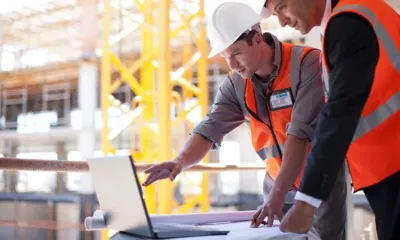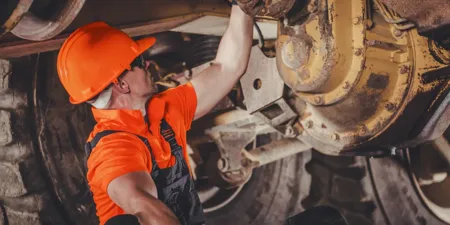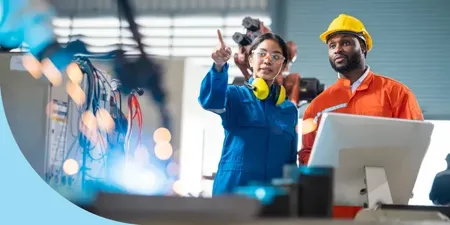In recent years, the construction industry in Japan has undergone a significant transformation, evolving from traditional practices to incorporate advanced technologies. This shift has led many to question whether construction can be classified as a high-tech enterprise within the blue-collar industry. In this article, we will explore the role of technology in Japanese construction, the nature of blue-collar work, and opportunities for skill advancement within the sector.
![]()
The Role of Technology in Construction
Japan is renowned for its innovative engineering and construction techniques. The integration of cutting-edge technologies such as Building Information Modeling (BIM), robotics, and automation has revolutionized the construction process. BIM enables architects and engineers to create detailed 3D models, facilitating better project visualization and collaboration. This technology enhances precision in planning and reduces the likelihood of costly errors during construction.
Moreover, robotics and automation have been increasingly employed to improve efficiency and safety on construction sites. For instance, robotic arms can assist in tasks such as bricklaying and welding, reducing the physical strain on workers and minimizing accidents. Drones are also used for site surveys and inspections, providing real-time data that can streamline decision-making processes.
![]()
Blue-Collar Work and Its Evolution
The term "blue-collar" traditionally refers to workers engaged in manual labor, often in industries such as manufacturing, construction, and maintenance. In Japan, blue-collar jobs have historically been associated with physically demanding tasks; however, the landscape is changing. As construction incorporates more technology, the skills required for these roles are also evolving.
Today’s construction workers must be adept at using advanced machinery, understanding digital tools, and applying techniques that were once exclusive to white-collar professions. This transformation has elevated the status of blue-collar work, as workers are increasingly seen as skilled technicians rather than mere laborers.
Advancing Skills in the Construction Industry
To remain competitive in this evolving field, construction workers in Japan must seek continuous education and training. Various institutions offer programs designed to enhance technical skills and knowledge relevant to modern construction practices.
1.Vocational Training Schools: These institutions provide hands-on training in specific construction trades such as carpentry, plumbing, and electrical work. Courses often include instruction on the latest technologies and methodologies.
2.Certifications and Licenses: Obtaining relevant certifications can improve job prospects and earnings. In Japan, licenses for specific trades, such as construction management and architectural design, require passing standardized exams and demonstrating a certain level of experience.
3.Workshops and Seminars: Many industry associations and organizations offer workshops and seminars focusing on emerging technologies in construction. Topics may include BIM, sustainable building practices, and project management tools.
4.Online Learning Platforms: The rise of online education has made it easier for workers to access training resources at their convenience. Various platforms offer courses on construction technologies, safety regulations, and management skills, allowing workers to enhance their expertise without disrupting their job schedules.
![]()
Conclusion
In conclusion, the construction industry in Japan is increasingly recognized as a high-tech enterprise within the blue-collar sector. The integration of advanced technologies has transformed traditional construction practices, requiring a new skill set among workers. As the industry continues to evolve, opportunities for skill advancement through vocational training, certifications, and online courses will be crucial for workers aiming to succeed in this dynamic environment.


